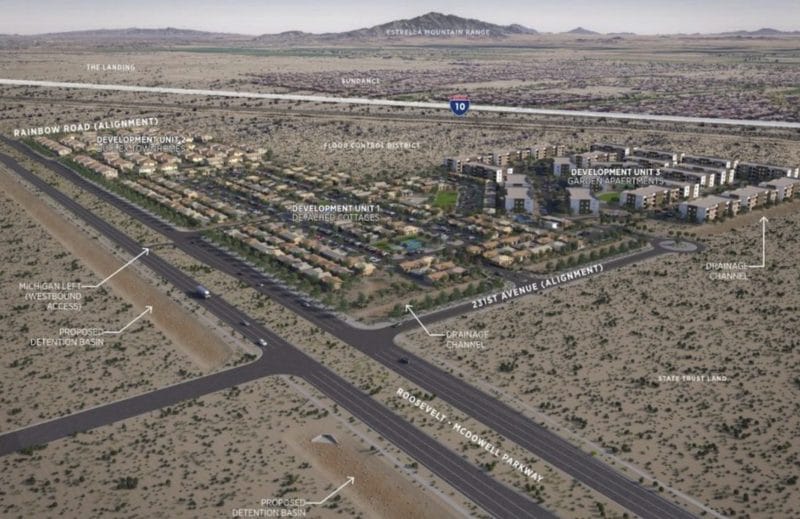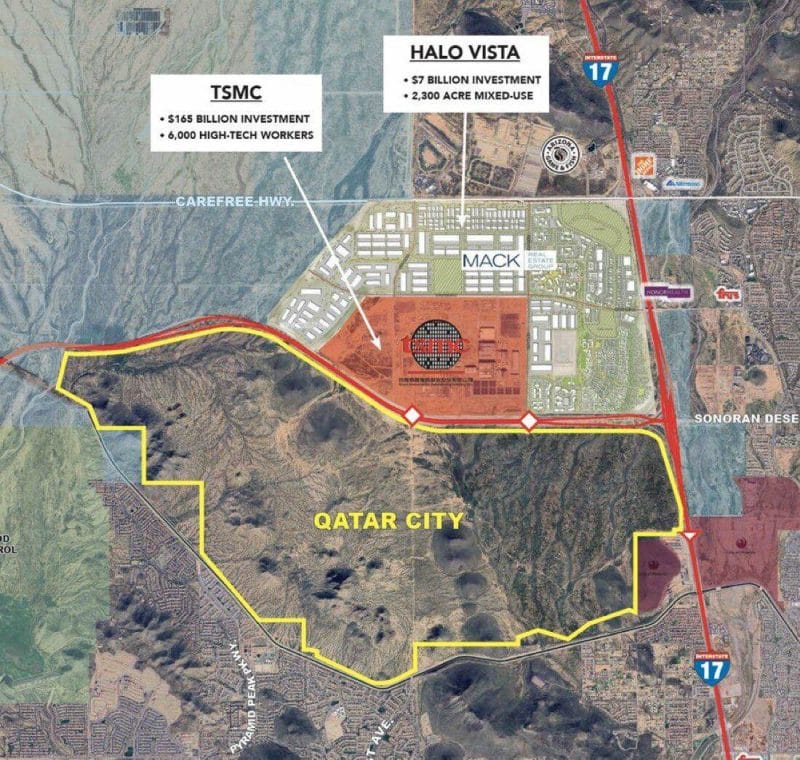 By Steve Hargreaves | CNN Money
By Steve Hargreaves | CNN Money
Thanks to a decades-old law targeting drug runners, entrepreneurs in the nascent medical marijuana industry face a unique burden: an effective federal income tax rate that can soar as high as 75%.
The hefty levy is the result of a 1982 provision to the tax code, known as 280E, that stemmed from a successful attempt by a convicted drug trafficker to claim his yacht, weapons and bribes as businesses expenses, according to 280E Reform, a group working to overturn the statute.
Enacted in the wake of that PR debacle, the rule bars those selling illegal substances from deducting related expenses on their federal income taxes.
It may have been effective against cocaine dealers and smugglers of other hard drugs, but the law now means purveyors of medical marijuana in the 18 states that have legalized the drug can’t can’t take typical things like rent or payroll as a business expense. That’s taking a heavy toll on this new field.
If you’d like to discuss medical marijuana, contact Ryan Hurley, director of the Rose Law Group Medical Marijuana Dept., rhurley@roselawgroup.com




